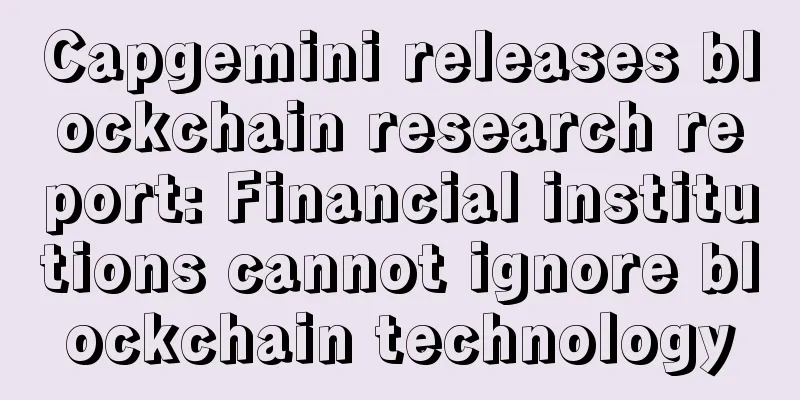|
On Tuesday, U.S. Securities and Exchange Commission (SEC) Chairman Gary Gensler spoke to Washington Post columnist David Ignatius about the cryptocurrency space, blockchain technology, and his approach to regulating the sector.
Gensler began the interview by commenting on the recent market crash, calling cryptocurrency a “highly speculative asset class.”
“Stablecoins are almost like poker chips in casinos right now,” Gensler said. “We have a lot of casinos in the Wild West, and the poker chips are these stablecoins on the casino tables.”
When discussing which tokens fall under the SEC’s jurisdiction, Gensler said that “most of these tokens are securities.” At the same time, only some are commodities, while some have attributes of both.
In this case, the SEC may need to coordinate closely with its sister agency, the Commodity Futures Trading Commission (CFTC). Gensler said that since some tokens look more like commodities and others mix attributes of securities with commodities, the agencies may need to collaborate.
In the area of stablecoins, these institutions may need to work further with banking regulators because “stablecoins may have the attributes of investment contracts and some attributes of banking products.”
Gensler said both the SEC and CFTC would benefit from “help from Congress” to regulate and enforce stablecoins. However, the laws currently in place appear broad when it comes to dealing with modern financial instruments like cryptocurrencies.
Gensler, who taught blockchain courses at MIT before his time at the SEC, believes digital assets have potential, but that doesn’t make them immune from regulation.
He said: "I taught a course on it at MIT and studied it for a few years, and if I didn't think it [crypto] was interesting and innovative, I really wouldn't spend my time on it, but at the same time, I think [crypto] technology will not survive for long outside of a social and public policy framework. In that context, we have to ensure investor and consumer protection."
Gary Gensler said he wants to bring cryptocurrencies into the public policy framework to ensure that they are within regulatory boundaries and meet policy goals so that the rapidly growing industry does not "destabilize the system."
“I think Satoshi Nakamoto had innovations in the white paper that he published about 12 years ago,” he said. “But what we have now is a highly speculative asset class that is stored on a digital ledger and can drop dramatically in value or rise dramatically in value.”
Stablecoin reserves have recently been questioned, and most "cash reserves" are not actually kept in cash. Earlier this year, Tether disclosed the details of its USDT reserves, of which only 2.6% was kept in cash. The rest was a combination of secured loans, corporate bonds, crypto assets, and other investment vehicles.
However, Gensler remains skeptical about the security and legitimacy of these assets, although he acknowledges that the cryptocurrency industry has been able to influence broader finance.
“I do think this new technology is very interesting and, whoever Satoshi Nakamoto is, it’s bringing real change,” he said. “It’s driving central banks around the world to rethink how they provide payment systems and driving change in finance and fintech.”
The SEC chairman’s comments come after major U.S.-based cryptocurrency exchange Coinbase announced it was abandoning its crypto lending program after the SEC threatened legal action against the exchange, saying it considered the program to be a security.
Gensler had said in August that he hopes to introduce crypto-related policy changes around token issuance, decentralized finance, stablecoins, custody, exchange-traded funds (ETFs), and lending platforms. He has long urged crypto projects to register with the SEC and specifically said they should work with regulators to survive in the long run.
Gensler also added that the SEC is preparing a report on stablecoins at the direction of Treasury Secretary Janet Yellen, who is known for opposing cryptocurrencies on the grounds that they facilitate criminal activity.
Towards the end of the interview, Gensler said he was regulating the cryptocurrency space and establishing an investor protection system. |










